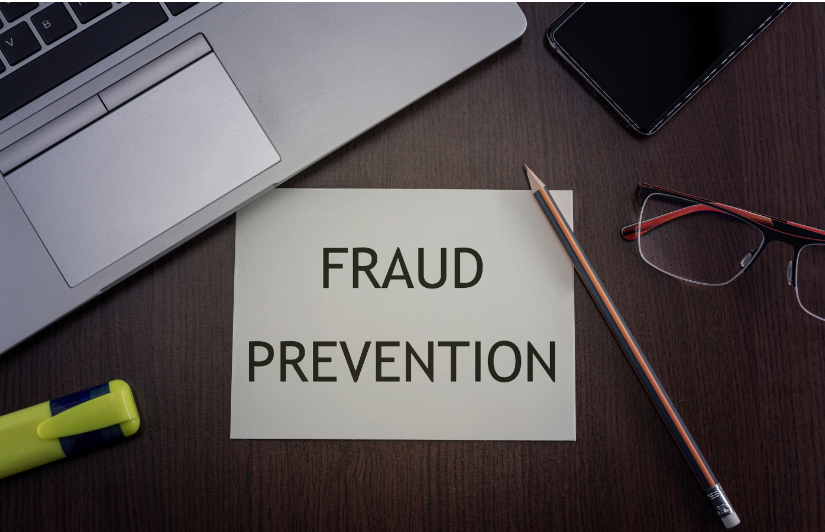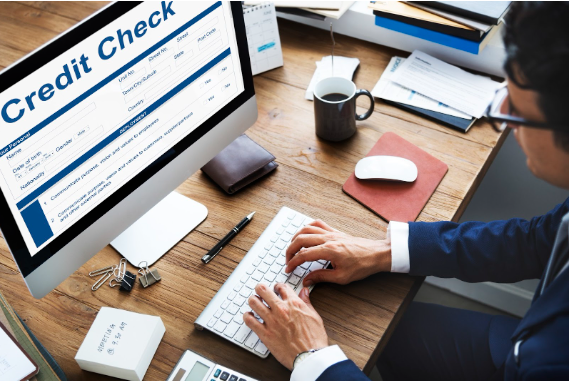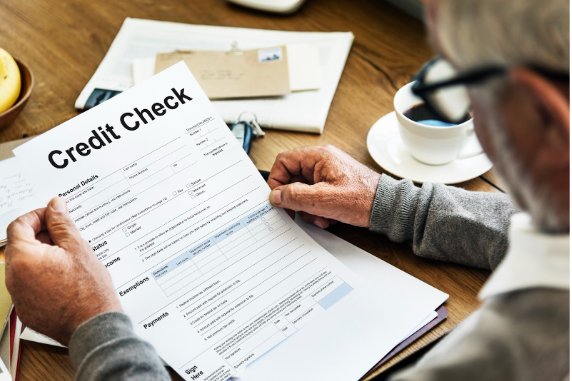
How to Prevent Fraud and Protect Your Personal Information
We often hear about data breaches, scams or hacks. Corporate giants, financial institutions, and even the government have all fallen victim to hacks, allowing your personal information to be in the hands of scammers and criminals.
It’s no secret that fraud is a significant problem in today’s world. Canadians lose millions of dollars to scams and schemes every year. According to the Canadian Anti Fraud Center, in 2021, Canadians lost $380.8M to fraud. Victims often have little or no recourse because no one can trace the fraudsters.
As we conduct more transactions online, it can be challenging to track all the sophisticated technologies carrying your data. And scammers are becoming more advanced, making it difficult for us to verify what is real and what is fake.
Since we rely on the online world so much, keeping track of your assets and personal information is essential. Here are some of our best fraud prevention tips to protect your assets, and stay safe!
Tips to prevent fraud
There are many types of consumer scams and frauds. These can range from stolen credit card information leading to unauthorized purchases to identity fraud, where scammers open accounts or take out loans in their victims’ names.
Here are some tips to prevent fraud and protect your information.
Safeguard your personal information
Your personal information is identifiable information, such as your name, mailing address and SIN, used to verify your identity. These are often the only critical pieces of information required to open bank accounts or apply for credit cards or loans.
Ensuring that your personal information is safe is vital to protecting your identity. Personal data in the wrong hands can lead to fraud. Some ways to keep your information secure include:
- Emptying your mailbox daily. Ask friends, family or a trusted neighbour to pick up your mail. Another option is to use Canada Post’s “hold mail” service to stop your mail temporarily if you are out of town.
- Shredding any documents and items with personal information you no longer need. These include expired ID cards, credit card offers, and bank or credit card statements.
- Storing any cards and documents related to your identity, such as birth certificates, social insurance numbers, and passports, in a secure place.
- Ensuring no one is watching you when you enter your ATM PIN or credit card PIN at the bank or when shopping.
Be vigilant when communicating personal information.
You should try not to provide your personal information over the phone or email unless you have verified the business and know it is a legitimate request.
Avoid giving out sensitive information such as your credit card or SIN in a public space. You never know who is listening.
When making online transactions, use secured networks, such as the internet at home, rather than free or public Wi-Fi networks.
Check your statements monthly and credit report annually.
Look through your bank accounts and credit card statements regularly for suspicious activity. If you see something that doesn’t look familiar, report it to your financial institution immediately.
Another way to ensure your identity is secure is to keep an eye on your credit report. Your credit report is a report of your credit history. If you have bad credit, it can affect your ability to borrow money. We recommend checking your credit report regularly, looking for any signs of fraud and removing any errors from your credit report.
Once a year, you can get a free copy of your credit report from the two big Canadian credit bureaus, Equifax and TransUnion.
Protect your personal information online
Many of us conduct business and transactions online. We even often order our groceries online. It is increasingly important to stay vigilant. Many sophisticated schemes look legitimate, and we might fall victim to fraud online if we are not careful.
Some ways to prevent fraud online are:
- Clear your logins, passwords and browser history, especially when using a public computer or network.
- Keep your anti-virus software up to date.
- Change your passwords regularly, and set better passwords using a combination of letters, characters and numbers. You can use a password manager to create strong passwords that hackers cannot easily guess.
- Use secure and trusted websites.
What to do if you are a victim of fraud?

If you think you have been a victim of fraud, act quickly to prevent any fraudulent transactions in your name.
Contact your financial institution.
If your credit card or bank account information is compromised, call the financial institution and inform them right away. They will ensure that no one makes unauthorized purchases.
In particular, if you believe that your credit card information has been stolen, you should cancel the card immediately. The credit card issuer will send you a new credit card with a unique account number. The fraudsters will not have access to your credit card to make purchases you did not authorize.
File a Police Report
If you are a victim of credit card fraud, you should file a police report. This is important because it will document the theft. The police report will also help you if you need to file an insurance claim or if you need to dispute charges for transactions you did not make.
Report the crime to the authorities. If you live in Ontario, report it to the Ontario Provincial Police.
Change any passwords or PINs.
Another way to prevent fraudulent charges to credit cards and bank accounts is to change passwords and PINs on your bank account or credit card.
Check your credit report for suspicious activity.
If you notice anything you don’t recognize on your credit report, report it to the credit bureau.
Make sure that you recognize all the accounts and issuers on your credit report. If anything seems suspicious, make sure to flag it and correct any errors.
Fraud alerts on your credit report.
Another way you can protect yourself is to put a fraud alert on your credit report. You can ask credit reporting agencies like Equifax and TransUnion to place a fraud alert on your file.
When you have a fraud alert on your credit report, potential creditors take extra steps to verify your identity for new credit accounts or loans. This can reduce the chance of fake accounts opening in your name.
Protect your identity and your credit

Being a victim of fraud can have serious consequences beyond losing an initial sum of money. Fraudsters can open accounts in your name and take out loans, affecting your financial situation and credit score.
It is vital to be proactive and take all the steps necessary to reduce becoming a victim of financial fraud. These fraud prevention tips will help you stay on top and take preventative actions to minimize possible damage caused by fraud.
If you’re looking for a debt expert, our team at EmpireOne Credit can help you get on track with your financial goals. We can help you explore the best options to get out of debt and rebuild your credit score. Contact us for a free consultation.





